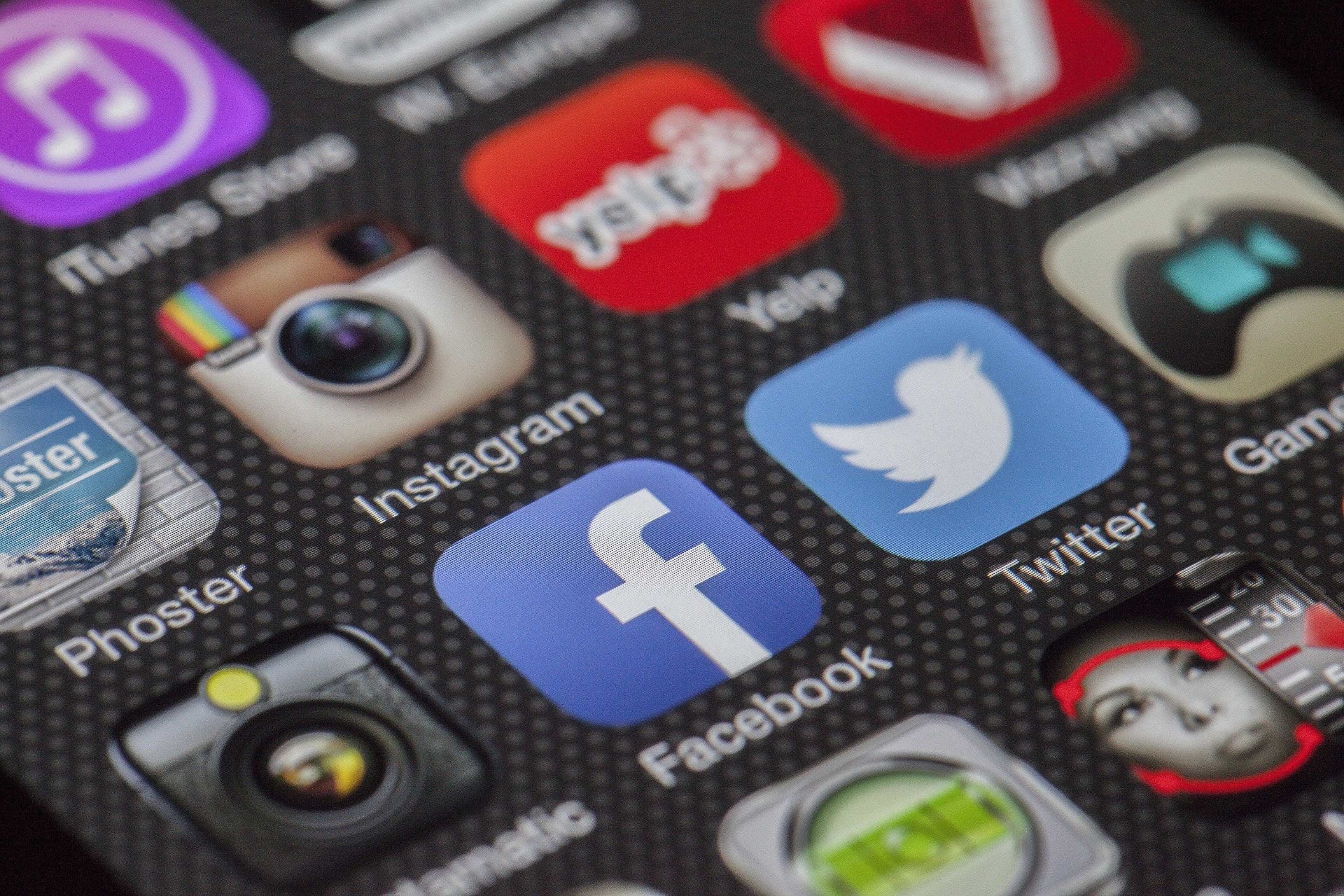Misinformation Pandemic

Back in September, Andrew Zucker & Pendred Noyce wrote an opinion piece for Education Week titled How to Make Science Class Relevant During the Pandemic.
Andrew Zucker is a retired STEM teacher and Concord Consortium researcher; Among other accomplishments, Pendred (Penny) Noyce is a former physician and author, and the current Executive Director of Tumblehome Inc., an independent publisher with a mission of inspiring kids to "envision themselves as scientists and engineers through the power of story."
In the article, they use the pandemic to make a case for increasing students' scientific literacy at all levels. They write " The pandemic provides a rare opportunity for parents, school board members, PTSa, politicians, and others to ask state and national science education standards and local curricula (to) include the scientific literacy young people need today."
They go on to state that science is essential to understanding many important social and political issues, such as how society regulates levels of pollution, how people and governments should respond to climate change, and whether vaccinations should be required by law. That last question feels like the third rail for those live in states with deep political and social divides.
How do teachers deal with science issues that also involve considerations of ethics, government, and values? Zucker and Noyce suggest many don't, citing data from the 2015 National Assessment of Educational Progress showing 54 percent of 12th graders reported never using library resources for science class, and 40 percent of 8th graders never reporting never being asked to read a book or magazine about science. And what about all of the misinformation and disinformation out there? How do teachers help student sift through this avalanche of facts, opinions, lies, scams, and honest attempts to report the evolving pandemic news?
As a former middle school teacher, I don't have the luxury of speaking from recent experience, but when I was teaching, I believe I did try to incorporate current local issues that I felt would be of interest to my students. However, that was then (6 or 7 years ago), when even the most politically charged local issues - such as why poor neighborhoods in our city were being considered as the site for yet another egregious source of pollution - felt less controversial. Today, disagreements about mask-wearing, distancing, and vaccinations run deep, and misinformation is everywhere.
I don't have answers for how teachers could and should help students deal with the myriad issues around corona virus information, but here are a few interesting resources:
- This May 2020 podcast created by the University of Minnesota School of Public Health titled A Misinformation Pandemic (S1, E8)
- Check out this misinformation vs. disinformation lesson plan from the PBS Newshour
- Explore these resources from the News Literacy Project. I'm particularly intriguing by their "checkology" tool. What do you think?
What are you doing to combat corona virus misinformation in your classroom, community or in your own family?